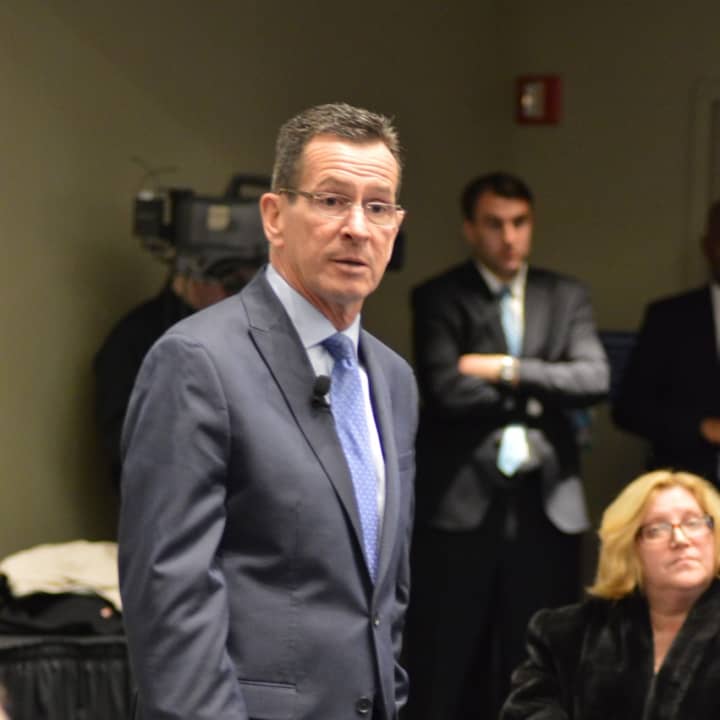The proposals build upon a series of reforms the Governor has signed into law on the issue since 2011.
“Every city and every town in the country has been touched in some way by substance abuse – and in particular the growing prescription pain killer epidemic,'' Malloy said. "Our local communities are no exception. This is a complex crisis that does not have one root cause, nor does it have a simple solution."
The reforms proposed by Malloy are::
- Requiring Electronic Prescriptions: Currently, prescribers can choose whether to prescribe opioid medication electronically or on paper. Malloy is proposing to require all of these prescriptions be made electronically in order to reduce the potential for fraud and create a system of trackable data.
- Facilitating in the Destruction of Unused Medication: Under current law, only the person prescribed medication or their legal caregivers can dispose of unused medication, including after the patient has died. Malloy is proposing to expand this ability to home health care agency registered nurses. This will ensure that unused medication is not sitting in medicine cabinets, and fits well with the “Mind Your Meds” movement promoted by state agencies, which encourages the proper destruction of unused medications through means such as a drop box program.
- Allowing Patients to Refuse Opioids through a Directive: Malloy is proposing to allow patients to include in their personal medical files a form indicating that they do not want to be prescribed or receive opioid medication.
- Expand the Requirement to Provide Information about the Risk of Addiction to Adults: Currently, prescribers are required to share information on the risk of addiction when prescribing opioids to minors. Malloy is proposing to expand that requirement to include adults in order to increase the communication between prescribers and patients.
- Encourage Data Sharing Among State Agencies: The Governor is proposing to ease statutory restrictions on data sharing between state agencies. This concept was widely discussed in both the Alcohol and Drug Policy Council's final report and Yale's report that the Governor commissioned. Increased data sharing across state agencies would better help the state track trends, determine the effectiveness of the current allocation of resources, and create a more comprehensive system for tracking this epidemic.
“Nearly half of all opioid-related deaths in our country involve prescription painkillers. While prescription painkillers have a place in treating patients experiencing pain, it’s important that they are prescribed responsibly and safely stored,” Department of Mental Health and Addiction Services Commissioner Miriam Delphin-Rittmon said. “By taking steps to safeguard access to these medications, we are not only helping to prevent prescription painkillers from falling into the wrong hands, but we’re also helping to prevent addiction.”
Since taking office, Governor Malloy has enacted several policy changes to combat the opioid epidemic. Last year, Malloy put together a package that limits the prescribing of opioid drugs to seven days (with certain exceptions), and requires municipalities to update their medical service plans to ensure first responders are equipped with Narcan.
Click here to follow Daily Voice Fairfield and receive free news updates.


